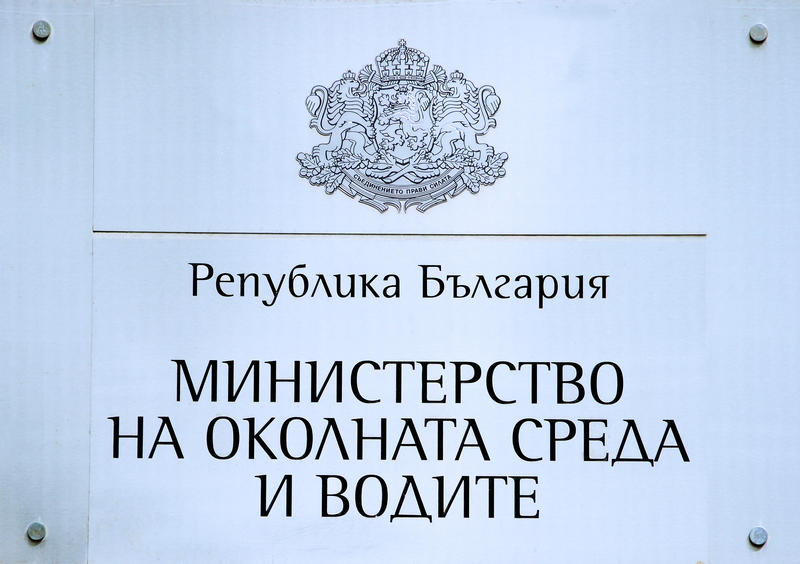Information on the protection of the Wild Goat species
06 Jan, 2023 | 19:19In connection with publications about the shooting of a wild goat, we draw attention to the following:
The wild goat (chamois) species (Rupicapra rupicapra) is under a strict protection regime, included in Annex 2 and Annex 3 of the Biodiversity Act. For protected species, including the chamois, the law prohibits all forms of deliberate capture or killing of specimens by any devices, means and methods, as well as their pursuit and disturbance so to ensure their conservation and preservation.
Exceptions to the prohibitions are allowed only for a limited number of specimens, provided that the populations of the affected species are not damaged in the area of their natural distribution and are in a favorable condition, as well as:
- when it is in the interest of protecting species of wild flora and fauna and preserving natural habitats;
- to prevent serious damage to agricultural crops, livestock, forests, waters, fishponds, game farms, and other types of property;
- when it is in the interest of public health and safety;
- for other reasons of primary public interest, including those of a social or economic nature or of extremely favorable consequences for the environment, etc.
For protected species within Annex 3 of the Biodiversity Act (including the wild goat), the provisions of the Criminal Code apply. The Code stipulates that whoever unlawfully destroys, damages, keeps, acquires or alienates a specimen of a European or globally endangered wild vertebrate, is punished with imprisonment for up to 5 years, as well as with a fine of 5 thousand to 20 thousand BGN.
In 2022, a requirement was introduced, whereby when requesting an exception for the use of a specific protected species, the relevant organization should specify the particular area for which this exception should apply. Thus, additional tracking and control is ensured. For the wild goat species (Rupicapra rupicapra), exceptions are allowable only for the territory of the Western Rhodopes, whereby special attention is paid to forestry and hunting farms, which protect the main part of the population in the region. In the rest of the country, the population is within protected areas, where no exceptions are allowed.
Last but not least, it is to be noted that the permitted exceptions also serve to limit the poaching activities, given the commitment of forestry and hunting farms in the protection of the species. Conservation of protected species being among the main MOEW priorities, the Minister of Environment and Water Rositsa Karamfilova has already held meetings to identify specific steps with other institutions to counteract poaching.
The team of the Ministry of Environment and Water strongly condemns any actions harmful to nature, especially when it comes to protected species.
